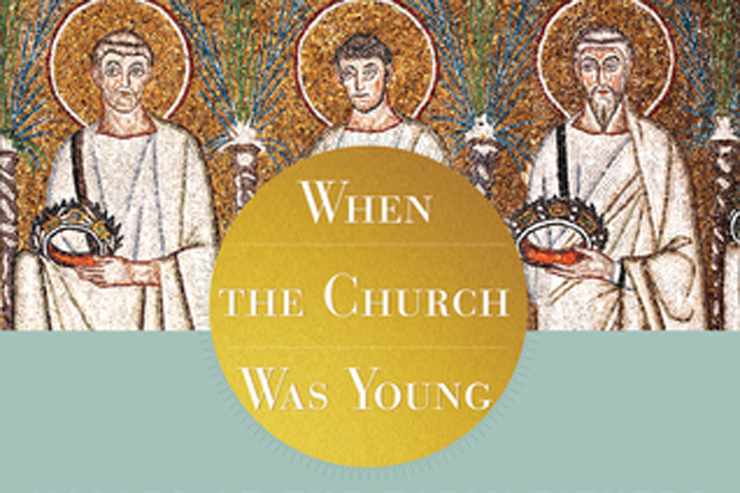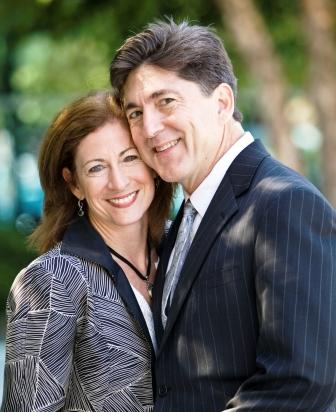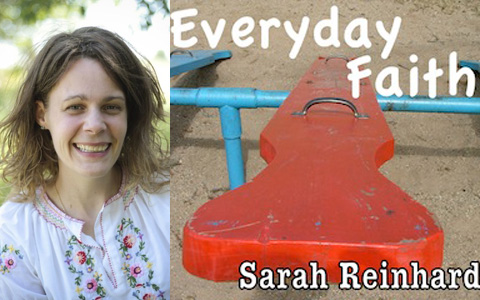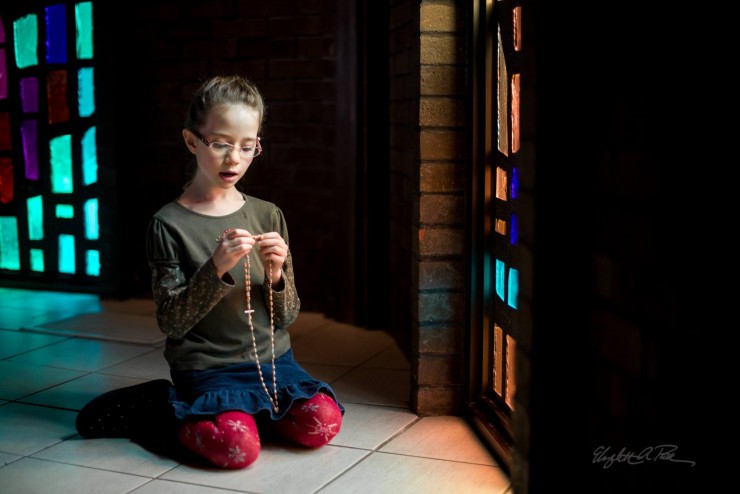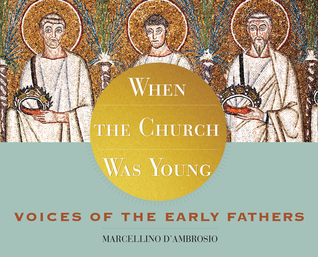 Recently, I had the chance to read an advance copy of a book I sort of dreaded, though I love the author. When the Church Was Young: Voices of the Early Fathers (Servant, 2014) has all the elements that usually inspire me to become a runner or a napper: history, theological things I find confusing or troubling, and history.
Recently, I had the chance to read an advance copy of a book I sort of dreaded, though I love the author. When the Church Was Young: Voices of the Early Fathers (Servant, 2014) has all the elements that usually inspire me to become a runner or a napper: history, theological things I find confusing or troubling, and history.
Yes, there’s a theme there. But if anyone can coax me off the ledge I put myself on, it’s Marcellino D’Ambrosio, who’s long enchanted me with his straight-talking weekly Gospel reflections (which you can read here at Integrated Catholic Life, as a matter of fact!). So when he asked me to take a look at his new book, I said yes, even though I was a bit scared of the topic.
I thought maybe I could get past the topic and like it for the writing, and I was wrong.
Thanks to D’Ambrosio’s crafting, storytelling, and clarity, I found myself actually enjoying both the topic and the writing. I sure didn’t expect a book about a bunch of old dead theologians to be gripping, compelling, or—get this!—fast-moving, but that’s exactly what I found!
So, of course, I couldn’t resist cornering D’Ambrosio for an interview. Enjoy!
Admittedly, I’ve long hidden from anything that smacks of history. Tell us why we should care about the Church’s youth and beginning.
The Church’s youth: because youth, like holiness, is contagious. If we want to be young, we need to have contact with the Church when it was young. In fact, if the Church loses touch with these figures, it will become old and dusty—a museum.
Who do you hope reads your book? What do you hope they get from it?
Everyone. Traditionalist Catholics, so they have a deeper and fuller idea of what it means to be traditional. Progressive Catholics, so they know that you don’t need to water-down Christianity for it to be new, and progressive. Orthodox and Protestant Christians, so that we can all celebrate our common heritage together. People who hate history and theology, so that they can get it smuggled into some good stories about some fascinating people.
How did you pick who made it into the book? Three hundred pages seems like a drop in the bucket next to 2000 years of Church history.
I had to pick most important and relevant from both East and West that I could fit in 300 pages The Orthodox and Catholic Churches each have a short list of the greatest of the Fathers, so those decisions were made for me (about 6 were identified this way) but the rest were my call. I regret that I had not room for some who are favorites of mine: Ephrem, Cyril of Jerusalem, Maximus the Confessor, Hilary, Peter Chrysologus, and John of Damascus.
Some of the figures you highlighted in your book were later proven to be wrong about some things, but you still highlighted them. Why did you do that?
Both Peter and Paul were wrong about some things early on but they made it into the most important book of all. If I would have excluded all who were wrong about something, there would have been perhaps one writer who would have made it into the book—St. Gregory Nazianzen. One of the key points in the book is that none of the Fathers are personally infallible in all they wrote; it is where they agree that they are seen as infallible because here they are pointing beyond themselves, back to the apostolic Tradition.
Our society’s increasingly de-Christianized. How do you hope your book speaks to that? What will readers learn from reading your thumbnails of the Church fathers?
The world of the Fathers was un-Christianized, not a lot different from our de-Christianized western world (both are superficial, brutal, and ultimately boring). They show us the way the New Evangelization. They really had the tougher job, starting from nothing. If they could bring the Roman empire to its knees, they can teach us how to do bring our western world back to Christ.

